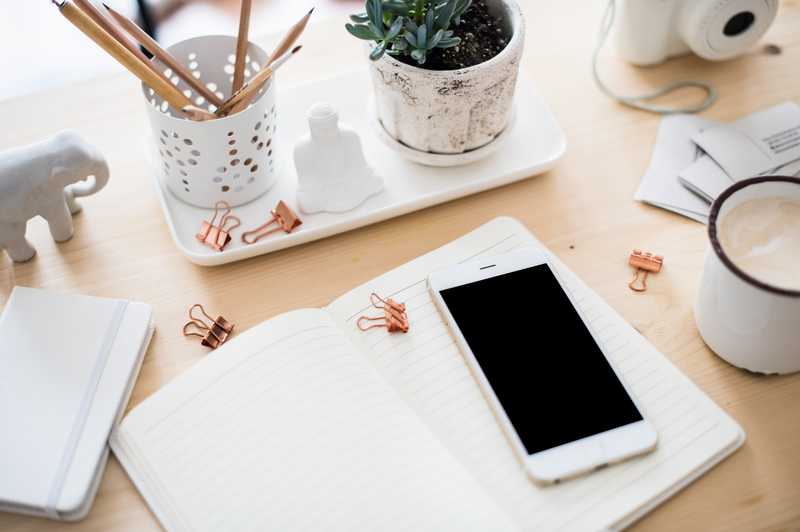Digital detox to restore our well-being
To talk about digital detox, we need to take a step back in time. Smartphones have become an essential part of our daily lives: we would never dream of leaving our homes without them. We use them to get directions, check recipes and specially to keep in touch and up to date with what happens in the world and within our circle of friends.
According to a survey conducted by Motorola, in collaboration with Dr. Nancy Etcoff from the University of Harvard, 65% of interviewees from all over the world, said they would panic if they lost their phone. The same survey revealed that a third of participants would be happier if they could manage to use their smartphone less. By cross referencing these results we get a good picture of the current situation. Twenty years into the mobile phone era, 10 of which spend holding our smartphones, we have realised how pervasive mobile technology can be.
Realisation is the first step
Let’s try objectively to assess if and when we use our smartphone too much. Are we able to enjoy a meal with our family or friends without checking our phone until after we’ve left the table? When we are on holiday, do we constantly feel the need to share what we are doing on social media? These are some of the questions that can help us realise the entity of the problem and encourage us to give digital detox a go.
Digital detox step by step
Once we have established that we spend too much time on our smartphones, we can start a digital detox period, followed by a period during which we gradually regain the ability to use our phones more smartly.
We should start in the evening, before going to bed. Yes, because the negative effects of the excessive use of smartphones have a huge impact on the quality of our sleep. So, let’s put away our phones one hour before we go to bed. LED light is known to inhibit the production of melatonin, known as the sleep hormone. We should also make sure we go back to the good old alarm clock, instead of using our phone. This trick allows us not to keep our smartphones beside the bed at night and stops us from checking notifications and reading emails first thing in the morning.
The second step is to turn meals and coffee breaks into phone-free times that we should dedicate to interpersonal relationships. The same goes for weekends, which should go back to being a time to relax with our friends and family, or to spend doing what we like most. This doesn’t mean that we cannot answer the phone. By disabling mobile data, we block notifications but not the phone line. So, if someone calls or texts, we shouldn’t feel the urge to answer, but take our time. For every call or text that needs a prompt reply there are many that can wait.
If you don’t quite have the willpower to stick to these detox steps, there are many apps that can help you monitor the use of your smartphone and tell you when it’s time to stop staring at the screen, for example, Rescue Time.
Last but not least, every moment of free time is an opportunity to spend outside in the fresh air, especially during a beautiful sunny day. Vitamin D synthesis charges us with energy, making us forget about our mobile phones.
